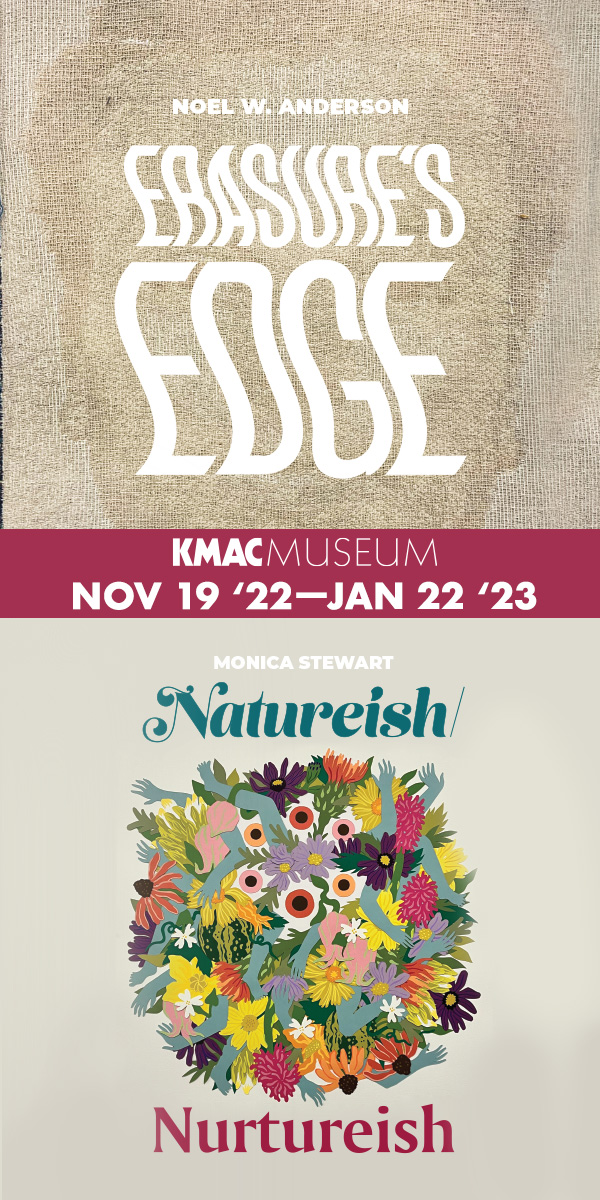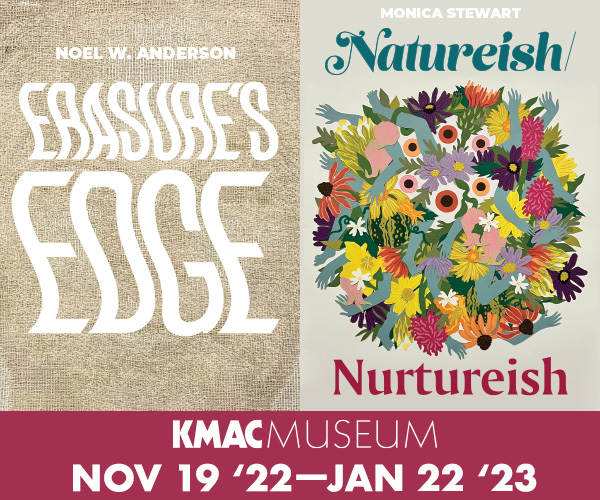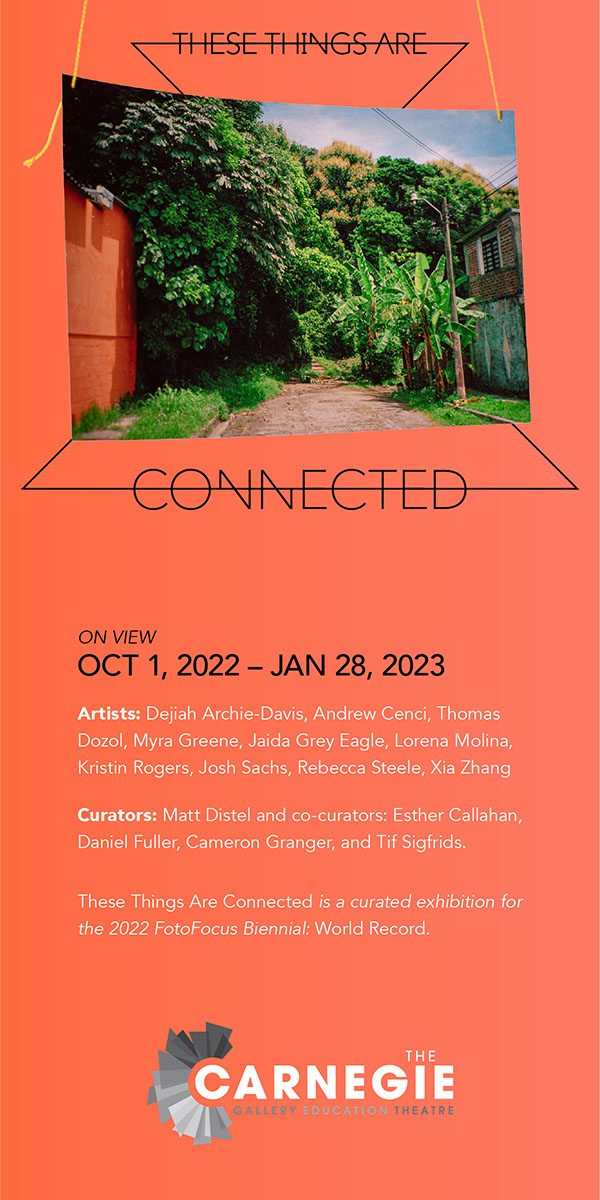The inaugural celebration of PeteFest on the Jones family nature preserve in Louisville was at once a celebration and a time for sad reflection. Pete Jones, for whom the Festival is named, took his own life last December.Â
On the day I interviewed Youngeun Koepke it had been exactly nine months to the day when she heard the terrible news of her good friend.
“Pete was seeking help, but we just didn’t know the severity of his depression.â€
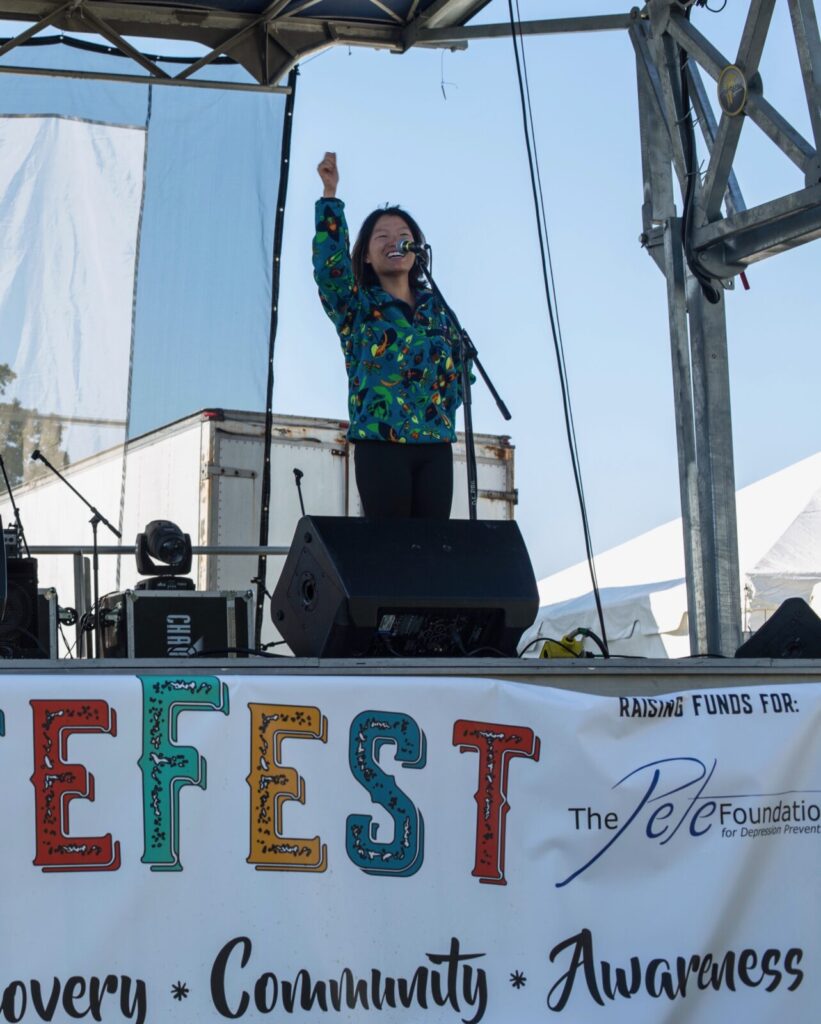
Almost immediately following Pete’s death, his family and friends began organizing the Pete Foundation for Depression Prevention, and their anchor event, Pete Fest. As the PeteFest Marketing Director, Koepke wanted desperately to share the Foundation’s message that “it really is okay to talk about it.â€
Nestled in the 90 acre Nature Preserve owned by Pete’s family, PeteFest began on Friday the 8th of September as folks started filing into the Jones’ fields and setting up their tents for the weekend. One field was designated for RV’s and tents, with brilliant solar lights erected throughout the fields by the engineering family and their friends. A wooded path lit by LED flashlights smartly zip-tied to trees led campers to the venue, a beautiful shiny party nestled in the trees.
Lights were strung everywhere, so when the sun began to set the woods were festively aglow. Bubbles and glow necklaces were bandied about by happy children, sharing the joy on the wind as the bubbles and the lights and the music mingled to put folks in a great mood.Â
But, of course, there was sadness.Â
Pete is gone, and the festival would never have existed, but for suicide. Koepke noted, “Last night as we were all celebrating, we all said ‘Pete would LOVE this…He is so proud of us, and he is with us. He is here.â€
And that is the point of PeteFest. To not forget; to not brush depression, anxiety, and suicide under the carpet, but to bring it all out into the open, to talk about it and to listen to those suffering from it.Â
“Stomp the Stigma†is the PeteFest motto, because “we need to start talking about this.†The event’s mascot is an elephant, representing the University of Alabama white elephant of Pete’s alma mater, as well as the obvious “elephant in the room†symbolism.Â
The statistics are that someone takes their life every twelve seconds. “I lost a dear high school friend when I was 21,†Koepke shared, “But it has shaped me; when I heard the news about Pete I knew I had to do something. We are losing an entire generation of people. The ones suffering the most tend to be the ones who are the most loving, and giving. In his last message, Pete said he wants to help mankind. We are getting the message out there for him.â€
That message was loud and clear at PeteFest. All the bands performing had been invited by members of the Pete Foundation, and many of the bands gave toasts and had touching things to say about Pete, his family, and PeteFest itself. Glasses were raised throughout the weekend to toast Pete, his parents Jeff and Molly Jones, and his siblings Jeff, Jack, Matt, and Michelle. Counseling and understanding were offered throughout the festival, and the entire Sunday lineup featured local young musicians from the area who chose to sing and speak out to “Stomp the Stigmaâ€.
The Pete Foundation is focused on reaching youth, so they can save adults like Pete. The organizers want people to be educated to understand the signs of severe depression and anxiety which can so easily lead to suicide. Pete had gained weight before his last days, and had been sleeping more and more; the signals too often become clear in hindsight. The Pete Foundation wants them recognized before they end in tragedy. The answer to that is education. They have already partnered with the University of Louisville where they held a “pre-Fest for Pete Fest†to address anxiety, depression, and suicide on the college level.Â
Next, they hope to work with local school systems to address youth and perhaps prevent the next loss.
Friday night held a great lineup, and the music carried the crowd into the wee hours. Those who wanted rest simply had to foray back across the illuminated path through the woods to the campsite, where the music was within listening distance, but not overwhelming.Â
Saturday dawned as a beautiful day, the nine-month anniversary of when Pete Jones took his own life. His family and friends gathered together to begin day two of PeteFest. Morning yoga was offered on the smaller stage, and counseling for anyone who felt the need to share or discuss their own anxiety, depression or suicidal tendencies. PeteFest volunteers in logo t-shirts sporting elephants dotted the festival grounds as the crowd slowly filled the space yet again.Â
The first band to take the stage that lovely day was The Local Honeys, consisting of Linda Jean Stokley and Montana Hobbs.
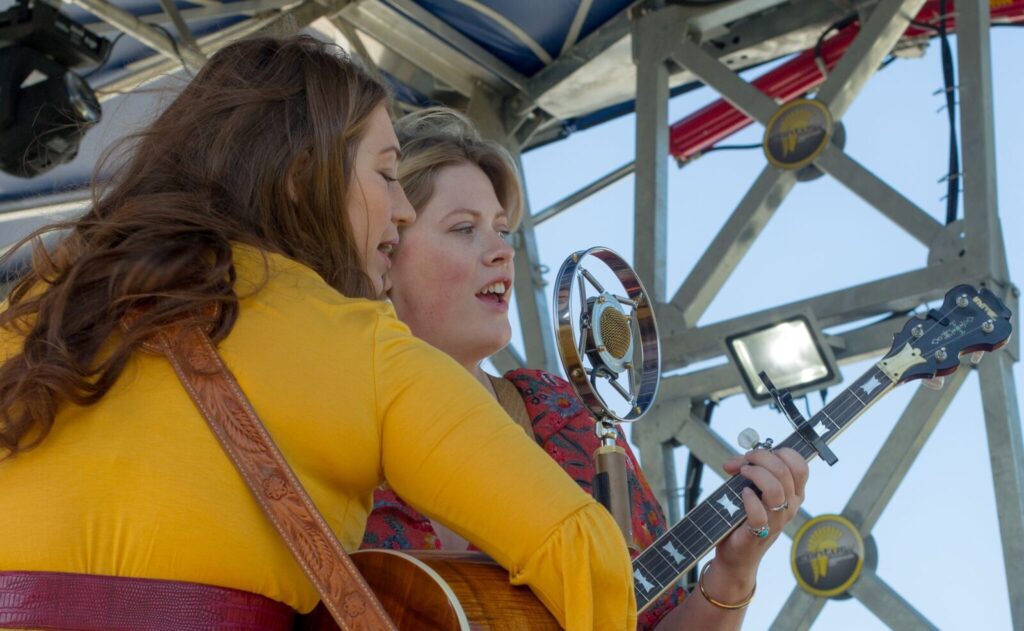
The Local Honeys are quickly gathering a following in the Eastern Kentucky area and beyond. The first two female graduates of Morehead’s Kentucky Center for Traditional Music, Stokely and Hobbs boast a wealth of instrumental knowledge. Starting with Linda on fiddle and Montana on banjo, they both switched to guitar at some point, changing instruments between songs, and playing each with impressive adeptness. They also invited Appalatin’s Jose Oreta to join in on stand-up bass.

 The Honeys adhere to the old-time music style, writing many of their own songs to add to the canon of traditional Appalachian music. Linda’s “Cigarette Trees†is a scathing song lambasting coal companies for devastating the hills of Kentucky and West Virginia.
Those hills and the surrounding cities of Lexington, Louisville, and Huntington, WVA are their stomping grounds, but The Local Honeys are bringing the traditional music of Appalachia to the masses as well. There is a strong call for their music, they say, and they joke that of all the graduated accountants, teachers or other graduates with more “academic†degrees they know, they are the only ones they’re aware of who are using their degree (“A bachelor’s in Bluegrass,†they quipped), working full-time in the field of their education.
“We don’t have to compromise for anything, it’s very rewarding to make a living in a time when art is not valued,” Stokley said. “We’ve been given a platform, especially in Kentucky, to play music. People are accepting and curious about their heritage…we’re playing the home music of Kentucky but we’re taking it to audiences far and wide.â€
But PeteFest isn’t just about the music. It was never just about the music. Linda shared her own personal struggle. “My father committed suicide when I was 8 years old… I have started to understand more and more what it is like to live with people with mental illness. It has definitely affected my art, and Montana’s as well.â€Â
Their first CD includes a song she wrote about her father, “Keep my name, live and let be.â€Â

Their perfect placement in the line up of PeteFest was an excellent start to the day. They were the first of many bands to play that day, followed by Lexington’s Scott Whiddon on the next stage, and later the Blind Corn Liquor Pickers held the crowd’s attention as they danced to more bluegrass and festive songs, and all raised a glass to toast Pete and his family.
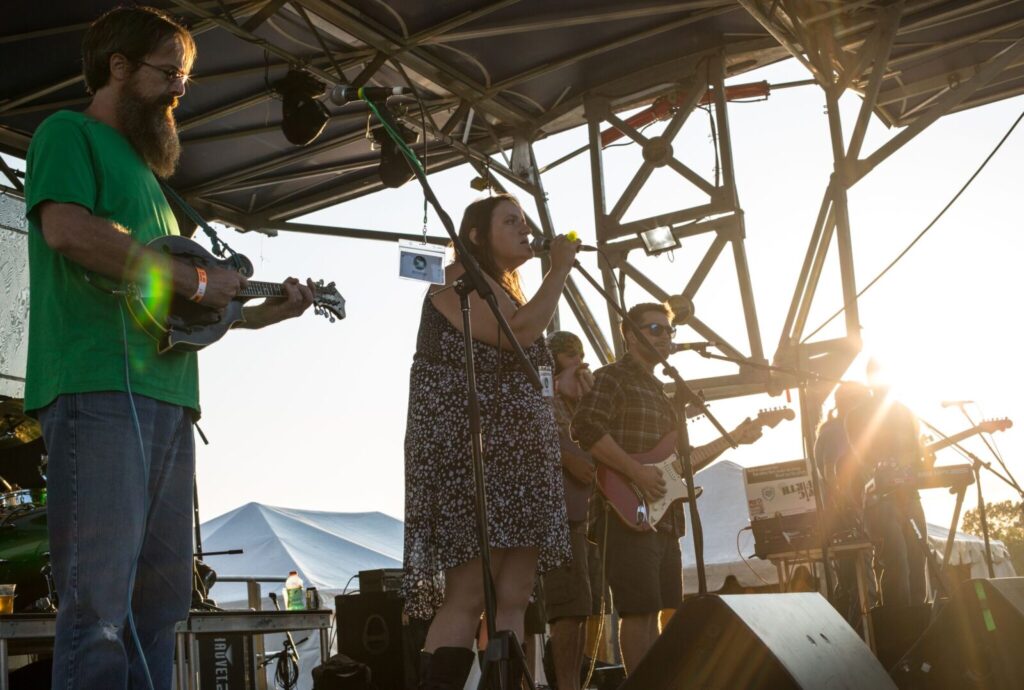
 The Curio Key Club finished out the big Saturday night lineup, a supergroup of Louisville musicians who performed Paul Simon’s Graceland in full.
There are many festivals we are blessed with the opportunity to attend in Kentucky. They all have purpose and meaning in their own unique ways. But PeteFest was different. The purpose and the meaning were woven throughout the entire festival, from the intelligently designed lighting by the Jones family of engineers, to the handmade benches and tables that were constructed on the property for the festival itself. The gate boasted a handmade marquee of the bands, painted chalkboards and twine that gave a personal feeling; a feeling of the love and care that clearly went into creating a beautiful, safe, inviting space for anyone to express or learn about the struggles in this world from anxiety, depression, and suicide. Bubbles were handed out to kids to blow at their leisure, hammocks strung between trees and under lights as folks settled in for the day. The beautiful VIP tent was open for the musicians and the press, looking like an Arabian palace with blowing plants and low, comfortable chairs for hard-working photographers to sit in the shade and rest from wrestling with their heavy equipment.
The Jones family and the Pete Foundation worked very hard to create PeteFest. They labored over the smallest details, as one would at a memorial. Every aspect was a reflection of their love for Pete, and their desperate mission to prevent others from having to suffer that loss in their lives.
Pete’s last message before he took his own life was that he wanted to help “advance mankind.â€Â That is the legacy that the Jones family and the Pete Foundation for Depression Prevention hopes to achieve in his memory.
The first PeteFest guaranteed they are already off to a wonderful start.

